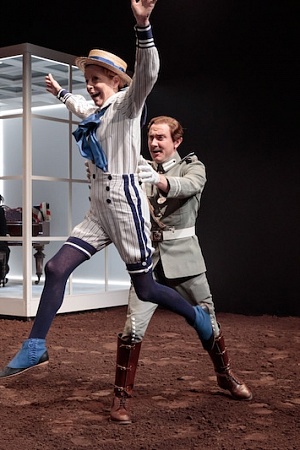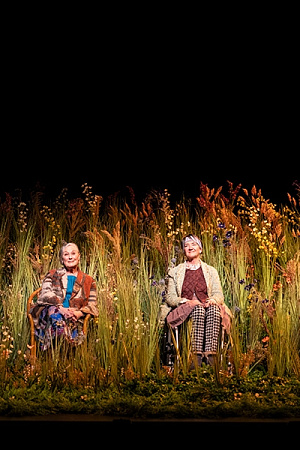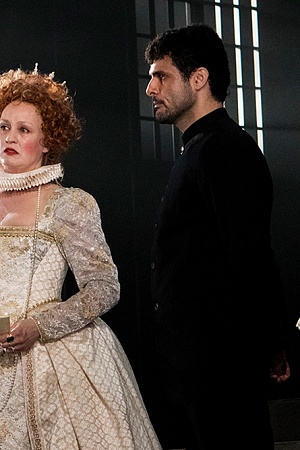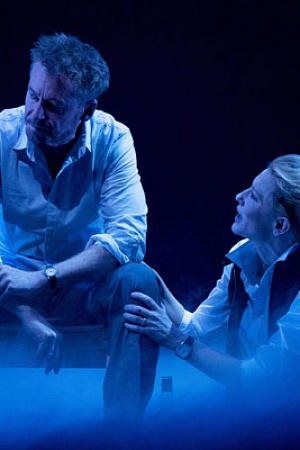Desdemona (Melbourne Festival)
'What's in a name?' asked Juliet. Desdemona, like the rose, might have been called anything else and retained the same meanings. But for us, as we are reminded at the beginning of Desdemona, the name has become synonymous with misery and doom. The speaker is Desdemona herself. How can this be? If we know anything else about her, it is that Othello murdered her within hours of the consummation of their marriage.
Well, in this production – a kind of play with music, though perhaps concert with words would be more accurate, directed by Peter Sellars with text by Toni Morrison and songs and lyrics by Malian singer–songwriter Rokia Traoré – Desdemona speaks to us from an imagined afterworld. She is joined by her companion Emilia, another victim of a murderous husband, as well as by Othello himself, still tormented by the grief and remorse that led to his suicide. Tina Benko is the conduit through which each of these characters addresses us directly (including Othello, though Benko's deployment of a strong African accent makes for somewhat uneasy listening, recalling in its apparent sincerity the play's history of blackface).
Continue reading for only $10 per month. Subscribe and gain full access to Australian Book Review. Already a subscriber? Sign in. If you need assistance, feel free to contact us.











Leave a comment
If you are an ABR subscriber, you will need to sign in to post a comment.
If you have forgotten your sign in details, or if you receive an error message when trying to submit your comment, please email your comment (and the name of the article to which it relates) to ABR Comments. We will review your comment and, subject to approval, we will post it under your name.
Please note that all comments must be approved by ABR and comply with our Terms & Conditions.